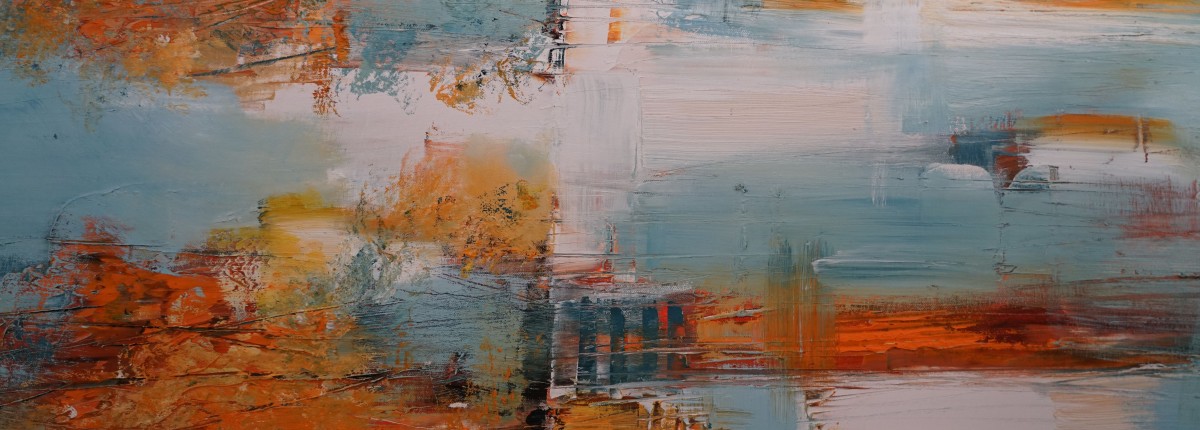|
Mode of study
|
Full-time, 2 years, 120 credits
Part-time, 3 years, 120 credits
|
Objectives of a study programme
To obtain solid knowledge of art therapy basics, to apply art therapy professionally in the area of human health and welfare, to implement art therapy programmes in healthy lifestyle promotion, rehabilitation and prevention working with different target groups in a variety of social, cultural and ethnical communities; to carry out scientific research, to develop new ideas and participate in interdisciplinary research, to improve the existing art therapy methods and create new ones, to be able to independently solve professional problems within the context of continuous change and to be responsible for the work outcomes.
Learning outcomes
The programme graduate should know:
1. The biopsychosocial health model, the latest scientific theories and methods in rehabilitation, able to apply it in the art therapy practical and research activities;
2. Theoretical background of different trends in art therapy, methodology of their application;
3. The origin and the phenomenon of art therapy relations, aesthetic and art philosophy concepts;
4. How art therapy is applied for evaluating the customer's/patient's biopsychological state;
5. And will be able to apply the acquired knowledge in innovative solutions of complicated problems in practical work, research and studies, complying with the principles of professional ethics and quality assurance;
6. And will be able to integrate and implement the acquired knowledge in art therapy practice and research.
Be able to:
1. Study and determine the effect of the art therapy analyse critically and evaluate the results of the therapy process and the impact on a person's health;
2. Select and apply art therapy methods independently, both individually and in groups; plan, analyse and implement healthy lifestyle promotion, rehabilitation and prevention programmes;
3. Manage, analyse and describe art therapy processes.
4. Integrate and apply different knowledge in practical and research activities of art therapy;
5. Cooperate with other specialists in interdisciplinary teams;
6. Find and develop contacts with customers in applying art therapy processes;
7. Plan and perform research, critically select and analyse test data relevant to scientific research, interpret research outcomes and determine their reliability;
8. Clearly present research outcomes and formulate conclusions;
9. Develop and improve professional knowledge and skills through self-study; apply creative skills in practical and scientific work;
10. Apply the obtained knowledge in solving complex problems in the area of practical work, scientific studies and tuition; keep to the principles of professional ethics and quality assurance.
|




